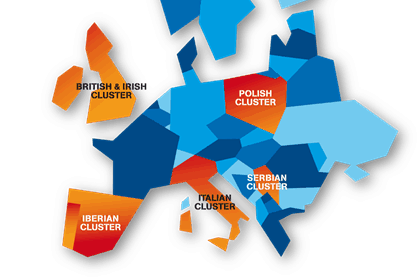
Energy consumption is a major concern in Europe, not only due to energy dependence on third countries but also because of greenhouse gas emissions. Buildings, where we spend much of our lives, account for 40% of total energy consumption at present. We use a range of buildings, and all of them offer scope to reduce energy consumption and impact.
There is an old saying that “the richest person is not he who has the most, but he who needs the least”. Under that approach, in 2010 Ferrovial Services began working on building energy efficiency by developing software called EMMOS (Energy Management & Monitoring Operational System).
In 2012, after implementing the system in 22 buildings under the Bilbao Kirolak contract, Ferrovial Services, supported by the Center for Intelligent Infrastructure Innovation (CI3), decided it was necessary to expand EMMOS so as to cover a broader range of building types. It was necessary for the new building types to respond to a range of pre-set models and patterns in order to analyse such aspects as the return and efficiency of investments in reducing energy consumption in a range of building types in different climates.
This led to the European project entitled TEDS4BEE, whose aim is to deploy EMMOS in 16 buildings located in Poland, the UK, Spain, Italy and Serbia. The TEDS4BEE project is headed by Ferrovial Servicios and involves 11 other entities: FBSerwis, Amey, Madrid Network, Indra, Engineering, Ion Solutions, the Technical University of Madrid, Research and Innovation Centre Pro-Akademia, the Limerick University, and the aforementioned Ci3 (Center for Intelligent Infrastructure Innovation) acting as technical coordinator.
The project, which commenced in February 2013 and will run for 30 months, was awarded a non-reimbursable grant of 2.15 million euro under the European Commission’s Competitiveness and Innovation Framework Programme (CIP).
This is Ferrovial Servicios’ first experience directing a European-level project, further testimony to Ferrovial’s commitment to innovation as a strategic tool and source of value. On a more technical level, the implementation of EMMOS in a range of building types (hospitals, offices, technology centres, heated swimming pools, and schools) will enable us to test it on a large scale under a range of climate and usage conditions, which will provide valuable experience for future development and deployment of EMMOS in contracts.






There are no comments yet